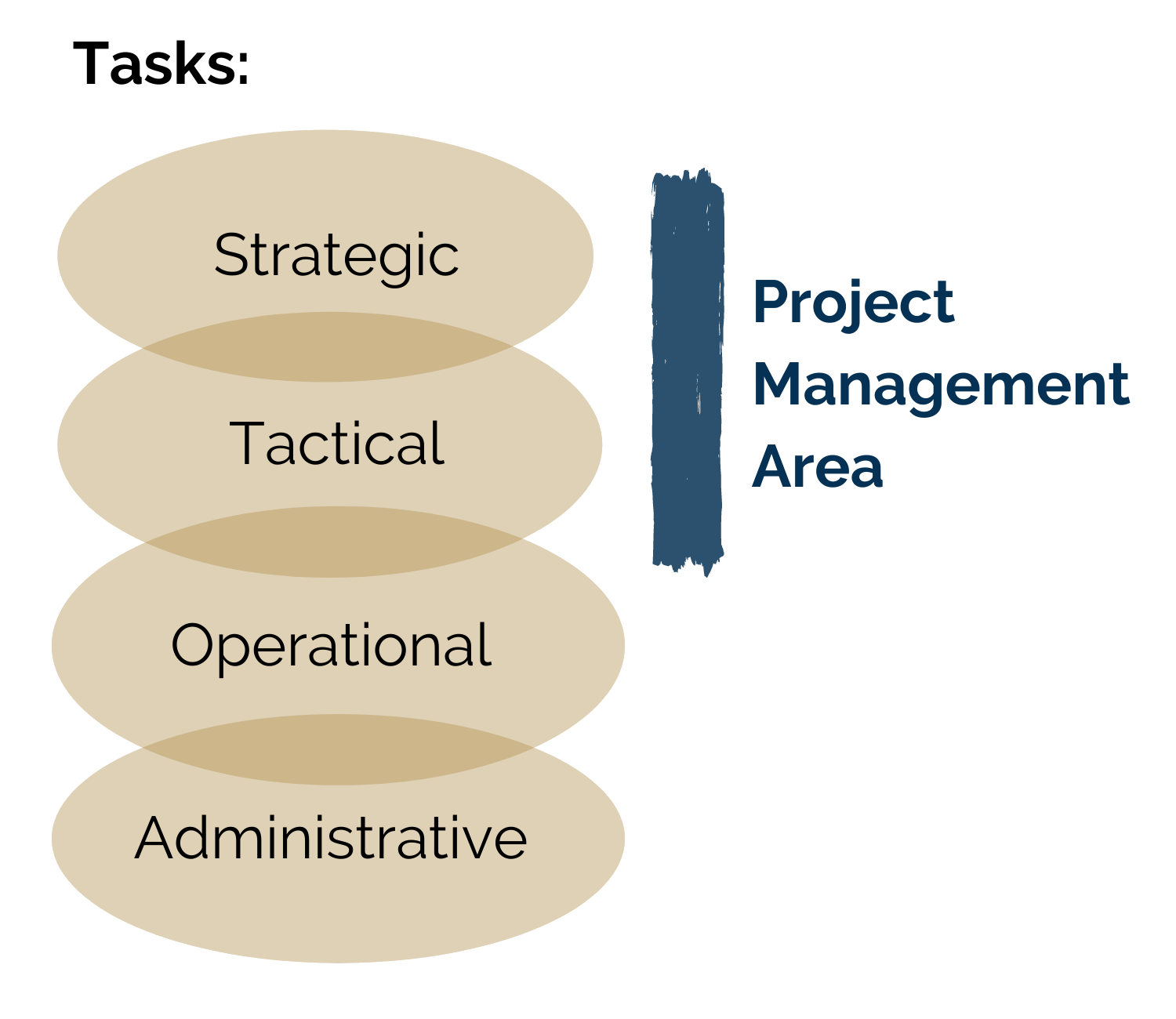Project Management: Is it a proliferation of buzz words or a vital necessity?
Within the last decades, the importance of project management has been skyrocketing, or at least such an impression can be built.
Combinations of words ‘an innovative project’, ‘a strategic project’, ‘a special project’, and countless many “projects” alike, can be met everywhere: on a website of any company, in promotional materials, and nearly in all job ads disregard on a functional area from a boss to an intern. Do we really live in the era of booming project management or it is just a fashionable fad to use the word ‘project’ everywhere?

I do believe that project management is a reach and vitally important area of knowledge and skills. And yes, it can be found in all functional areas starting from some level of tasks. The whole bench of tasks within a functional area can be split into four major categories: administrative - operational - tactical - strategic tasks. Each job consists of a combination of different tasks related to one or several levels.
From my hands-on experience of performing tasks on all four levels in the HR-area, I can give some examples of tasks in this area: filing documents, capturing data in SAP, preparing contracts (administrative), payroll, recruiting, training delivery, organization and facilitation of assessment centers (operational), (re)design and implementation of processes, learning curriculum design, target setting (tactical), definition and design people strategy, talent management strategy, learning strategy (strategic).
Examples of different tasks in the traditional project-oriented area - Software Development - can be the following: configure development environment, version control, code and documentation text editing (administrative), coding, testing, debugging, users’ support (operational), decision making on tools, environments and libraries, documentation planning (tactical), requirements definition, definition of system architecture (strategic).
It can be seen from examples, that for the successful fulfilment of administrative and operational tasks an incumbent does not need project management skills, while tasks on the rest two levels call for at least some understanding of the project management principles. In other words, the bigger share of tactical and strategic tasks in a job requires the wider project management expertise and deeper knowledge on PM-methodology to be successful in the role.
Read this post on LinkedIn
